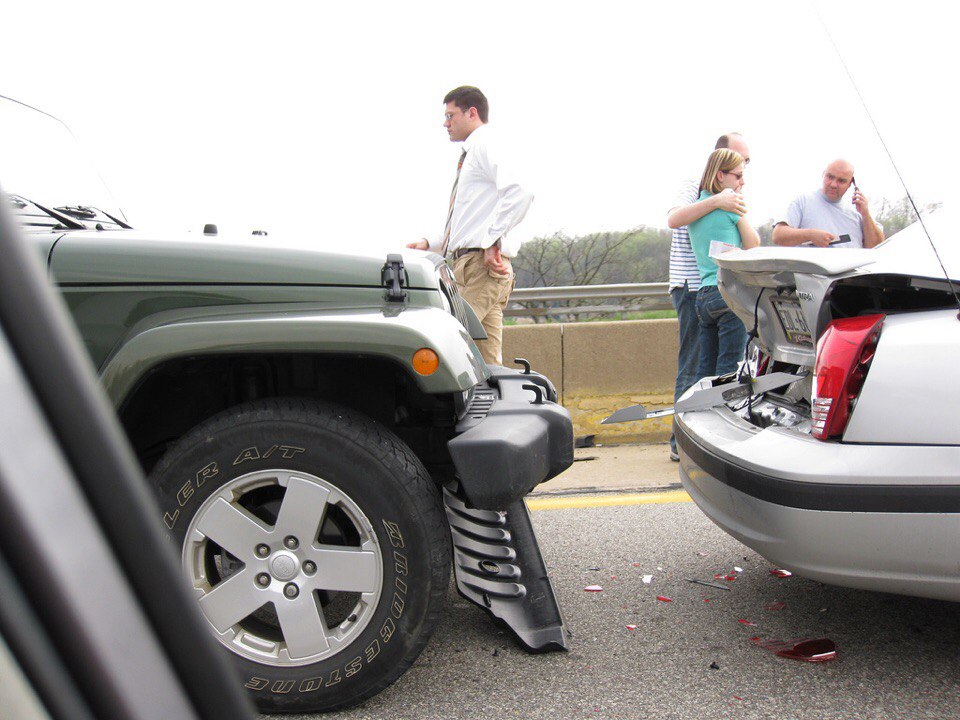
How to calculate the cost of a broken car
Content
The frustrating part of driving is the possibility of a collision serious enough to write off your car as a total loss. While the most important concern in any collision is the safety of all parties involved, it is your responsibility to worry about your damaged vehicle. If your car is beyond repair, or if the cost of repairing your car is close to the value of the car, it is entirely possible that this would be considered a total loss.
Knowing the salvage value of your car is important to ensure fair damages from the insurance company, especially if you intend to keep the car and repair it.
Determining the value of a salvaged car is not an exact science, but you can use various calculations to get an accurate estimate. You will determine the cost before the rescue, find out the rates of the insurance company and get the final figure. Follow the steps below to create your own calculations.
Part 1 of 4: Defining Blue Book Values
Step 1: Find the value of your car in KBB: Find the make, model, and year of your vehicle in the Kelley Blue Book, in print or online.
Match the trim level to yours to make sure you have the same options.
Check any other options on your vehicle for a more accurate estimate.
Enter your exact mileage to get the best results.
Step 2: Click "Trade to Dealer". This will give you the value of your car in exchange for a trade-in. Most vehicles are categorized as "Good Condition".
Click to see exchange rates.
Step 3: Go back and select Sell to Private Party.. This will give you results for retail value.
Part 2 of 4. Find out the retail value of the car and its value at the exchange
Step 4: Check the value of your vehicle with NADA.. Check the market value of your make, model, and year in the National Automobile Dealers Association or NADA guide.
NADA will provide you with values for gross, average, and net sales, as well as net retail.
Step 5: Compare the value with Edmunds.com. Check Edmunds.com for the retail value of your vehicle and its trade-in value.
- Functions: although the exact numbers may vary slightly, they should be fairly close to each other.
Choose the most conservative numbers for your calculations.
Step 6: Calculate the market value. Calculate the market value by adding the retail and trade value from one source and dividing by two.
For example, let's say your car has a retail value of $8,000 and a return value of $6,000. Add these two numbers together to get $14,000. Divide by 2 and your market value is $7,000.
Part 3 of 4: Ask your insurance company for a salvage value calculation
Each insurance company has its own formula for determining the salvage value of a car. In addition, the appraiser must consider what will happen to the vehicle and the costs associated with its disposal. These costs are compared with the costs of restoring it to its original state.
The insurance company will use the results of past salvage auctions to determine how much of their costs they can recover if the car is completely lost. If a special car is considered completely lost, it can often be sold at auction for a much higher salvage value than a regular car. This means that they may agree to a higher cost or a lower percentage than usual.
Step 1: Contact your insurance company. Call your insurance company to find out what percentage is used in the calculation.
As a rule, it ranges from 75 to 80%, but is determined by each insurance company independently.
Additional factors such as car rental fees, parts availability, and the type of repair can affect the percentage surcharge on car repairs.
If the main component is discontinued and not available in the aftermarket or is in use, your vehicle may be declared a total loss with a much lower percentage.
Part 4 of 4: Residual Value Calculation
Step 1: Calculate the salvage value: multiply the obtained market value by the percentage from the insurance company to get the salvage value.
If your insurance company told you that they were using 80%, you would multiply that by the $7,000 received earlier to get a salvage value of $5,600.
Often salvage prices are negotiated with your insurance agent. If you are unhappy with the value offered to you, you can discuss this with your agent. If you can prove why you think the cost should be higher, such as modifications, accessories, or below average mileage, you can often get a higher estimate in your favor.